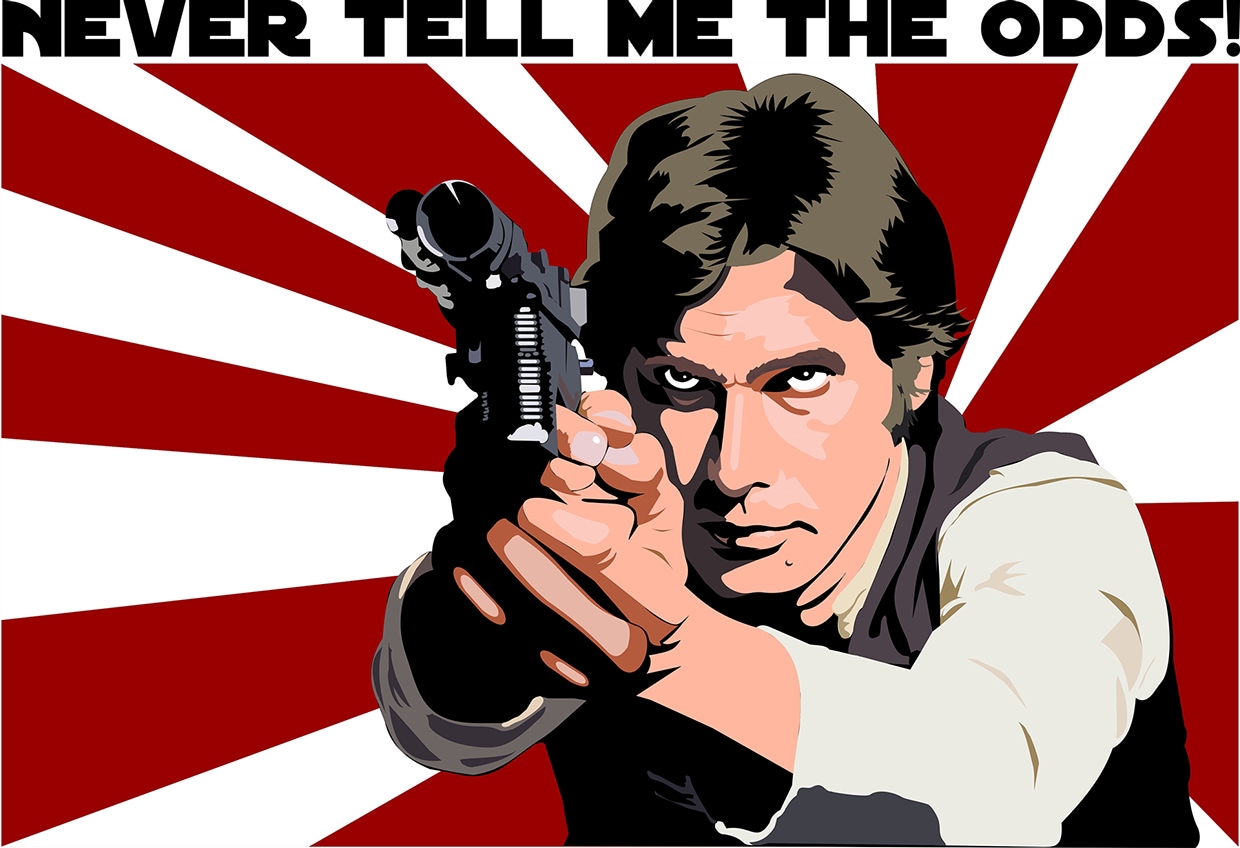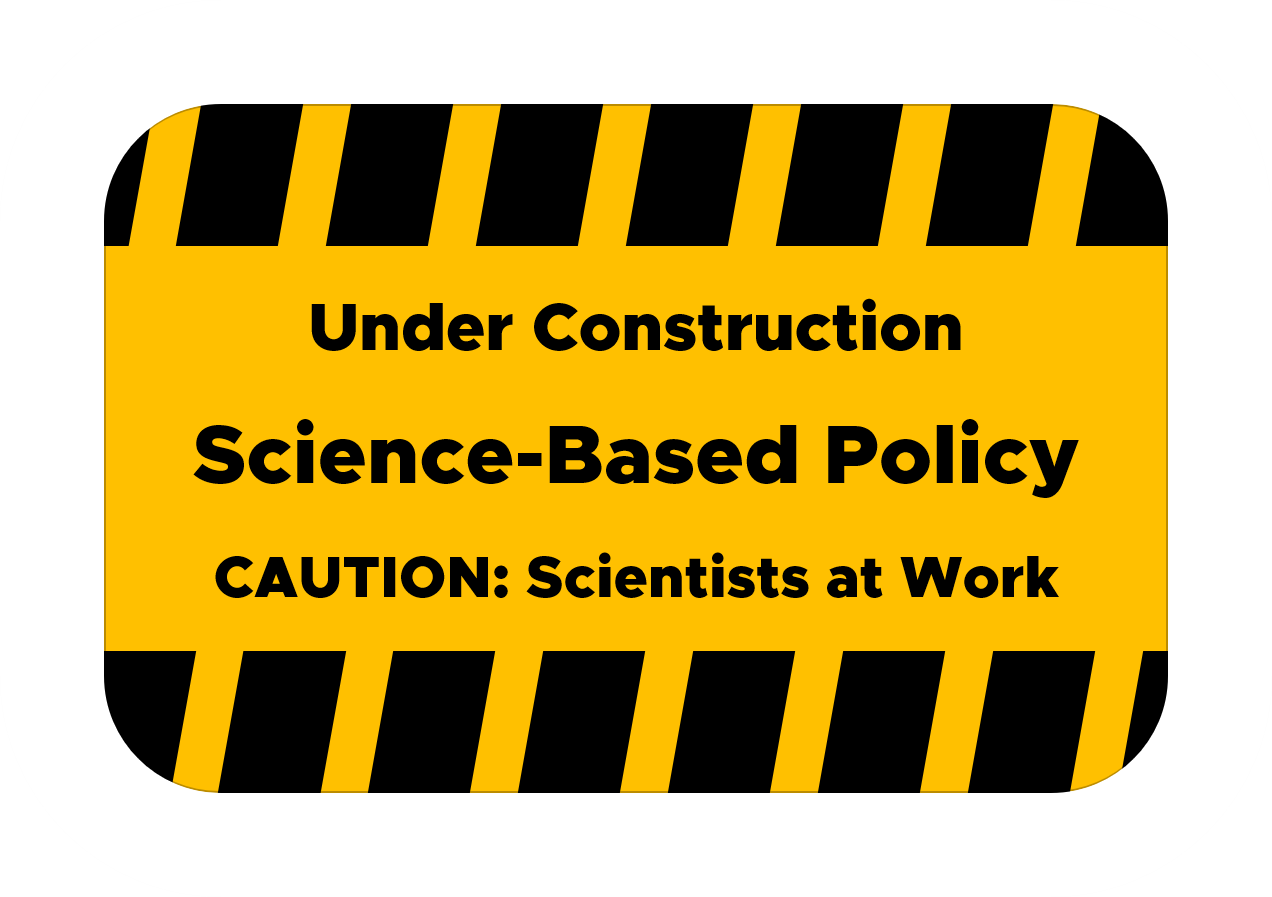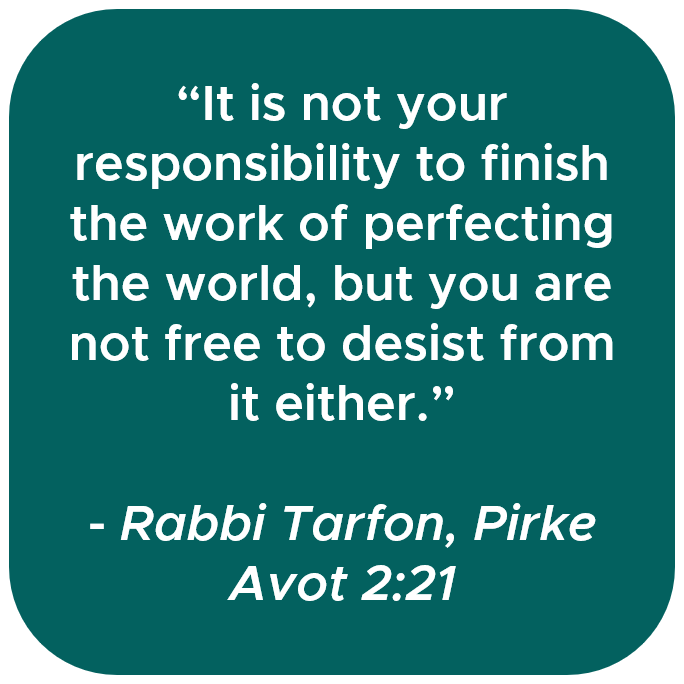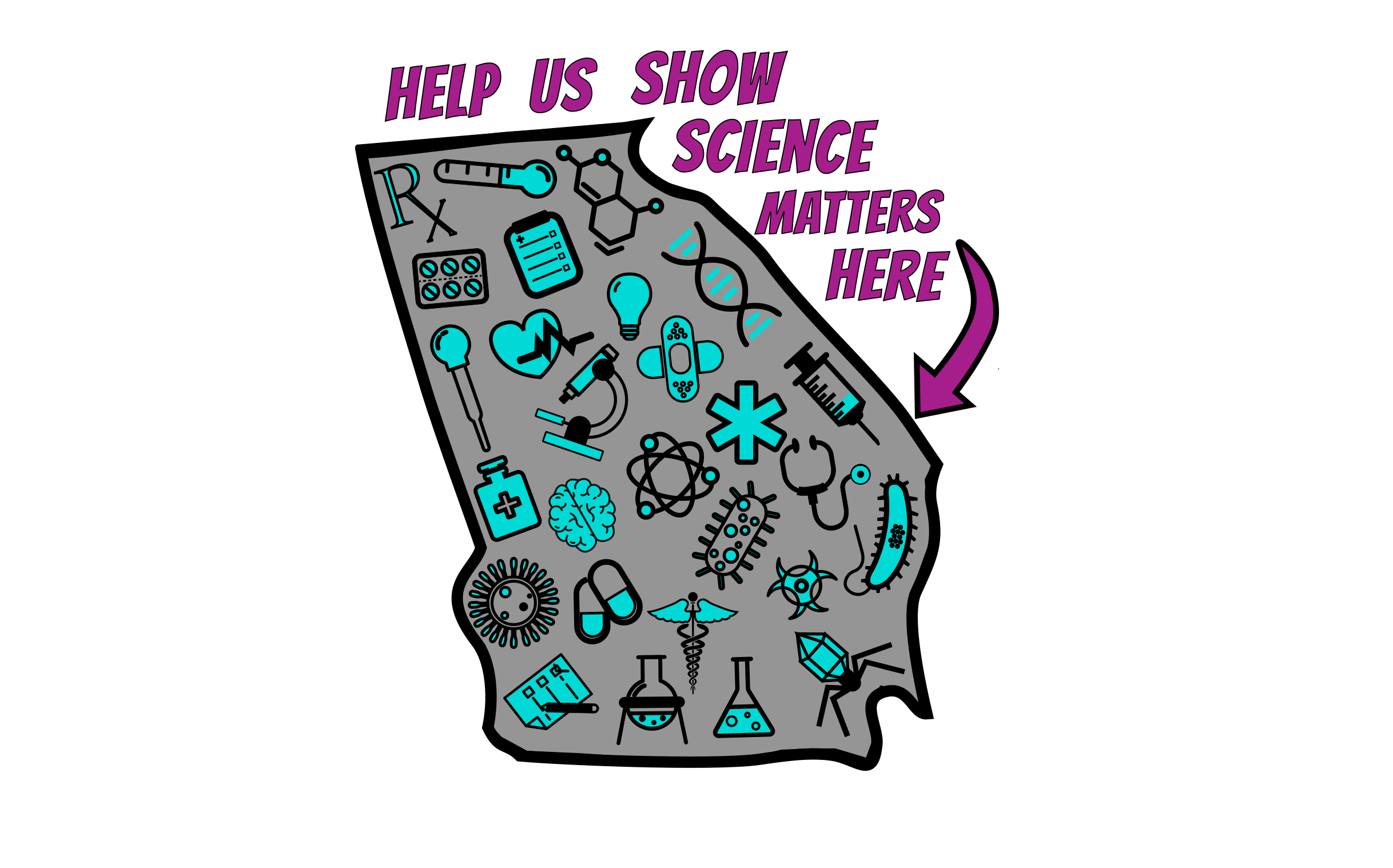January was a series of significant Wednesdays. Its hard to write anything else without mentioning…

Reflections from “That Science Girl”
My sister in law has a PhD in Biology. She studied genetics. Whenever my grandfather saw her, he would ask her about plants. Cause, you know – she is a biologist. My grandfather was a chemist. Smart guy. And he still made epic generalizations.
Just like when someone finds out “Oh you are a doctor? Let me tell you about my back.” When someone finds out you are a scientist – the questions – they keep coming.
It is our obligation to answer these questions in a straightforward, simple, manner. I know, I know, science teaches to always qualify what we are saying “the data points to” and “our observations thus far” All this is great and good for talking to other scientists. It is not when talking to the general public.
“Never tell me the odds”
Han Solo
People don’t want to know about p-values or sigmas. What they want to know is what you, the scientist, and their neighbor, think about issues. My grandfather really wanted to make his garden better, and in his mind, my sister-in-law was the most qualified person to tell him.
Your neighbor is an accountant or lawyer or marketer. In their eyes, you, the scientist, are far more qualified to talk about climate change or vaccines or cyber security. It really doesn’t matter that you study fruit flies or black holes. You are a scientist. If someone asks your opinion, give it to them. Don’t waffle. Otherwise they walk away confused. And when they read on the internet “Climate change is caused by sunspots” and “Vaccines cause autism” – they think, “Well, my neighbor Suzy Science didn’t not say that.”
If the thought of making declarative statements about science fills your heart with dread, then go ahead and put in front of the statement “What I think is…” it’s a qualifier, but it still sounds strong.
And make a declarative statement. Yes. Climate Change has been caused by human activity. Yes. Vaccinating your children is the best thing you can do for public health. Yes. The best way to defend yourself against cyber-attacks is to update your anti-virus software.
I have been the “science chick” all my life. Two weeks ago, I was introduced as “This is Amy, she does science.” And then the entire weekend I was the person answering all the science questions. I am an engineer. I studied radiation physics. But I answered questions on climate change and CRISPR and chicken breeding. I answered to the best of my ability. And I answered in a straightforward, non-waffling manner. We weren’t getting into the weeds on any of this.
I know, I know. This probably hurts most of you. But you gotta do it. We are in the dire quagmire of “alternative facts” because we hedge on everything. Hedge all you want in your science papers and with your colleagues.
With your neighbors, own it. You are the “science chick.” It’s a beautiful thing.



